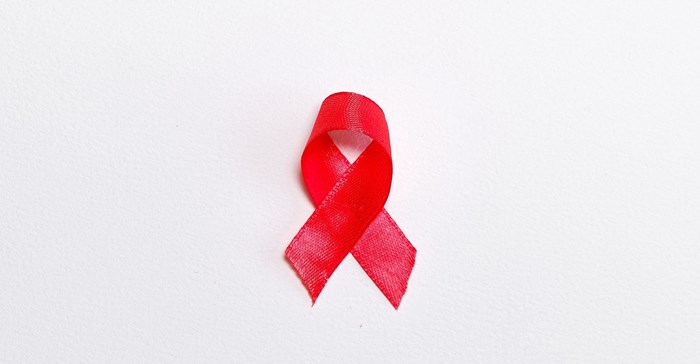Globally, 38.4 million people are living with HIV. In 2021, approximately, 7.5 million of these people were living with HIV in South Africa.
Although the disease is treatable and preventable, 210 000 in South Africa people were diagnosed with HIV in 2021 alone.
“The stigma spreads HIV and it is causing a barrier when it comes to ending the epidemic. It is time for us to update the way we view HIV,” says Bongiwe Ndlovu, project lead from the health focused, non-profit, Ohhh! foundation.
With the “Update HIV” campaign, Youth against Aids - an initiative of the Ohhh! foundation now hopes to strike a new path in the fight against HIV, by fighting the stigma.
True to form since its inception in 2018, Youth against Aids has been working internationally to prevent new HIV infections among young people. The initiative is active in South Africa and Namibia.
Kicking off on World Aids Day, the foundation released an open letter calling on the World Health Organisation (WHO) director to officially rename HIV.
The letter calls HIV an “epidemic of the mind” that is spread primarily by non-medical factors.
The Youth against Aids initiative has gained the attention of many, with regional leaders such as Linda-Gail Bekker, chief executive officer of the Desmond Tutu Health Foundation and Monica Geingos, first lady of Namibia forming part of the advisory board.
Bekker also solidified her commitment by signing the open letter to officially show support.
Youth against Aids delivered the open letter to the WHO headquarters in Geneva.
For Ndlovu, changing the name will lead to a change in thinking and behaviour needed to end the epidemic.
“People living with HIV fear being labelled as promiscuous, impure and infectious, and this leads to vulnerable groups and people living with HIV not seeking treatment and prevention services.”
Despite the strides made in HIV treatment options, people are still not seeking help because of fear.
Advances in treatment
“Living with HIV today is nothing like it was 40 years ago. But the stigma remains. Asking the World Health Organisation to give the virus a new name is meant to acknowledge advances in treatment, improve public understanding of HIV, and help people living with the virus leave behind the stigma associated with the name HIV,” she says.
Speaking to the response the campaign has received thus far, Ndlovu says: “Over the past few months, we have had the opportunity to share the campaign with people living with HIV, activists, and researchers, as well as at forums such as the Bill and Melinda Gates Foundation's goalkeepers event.
"The response we’re receiving further validates that we are on the right track and solidified that this is the right time for change.”
To join the fight against HIV, she urges everyone to visit updatehiv.com, “subscribe to the open letter and send through a new name suggestion for HIV, and vote for the ones you like.
"We can achieve the UN development goal of ending Aids by 2030, but first we must end the stigma that clouds our progress,” Ndlovu concludes.
















































